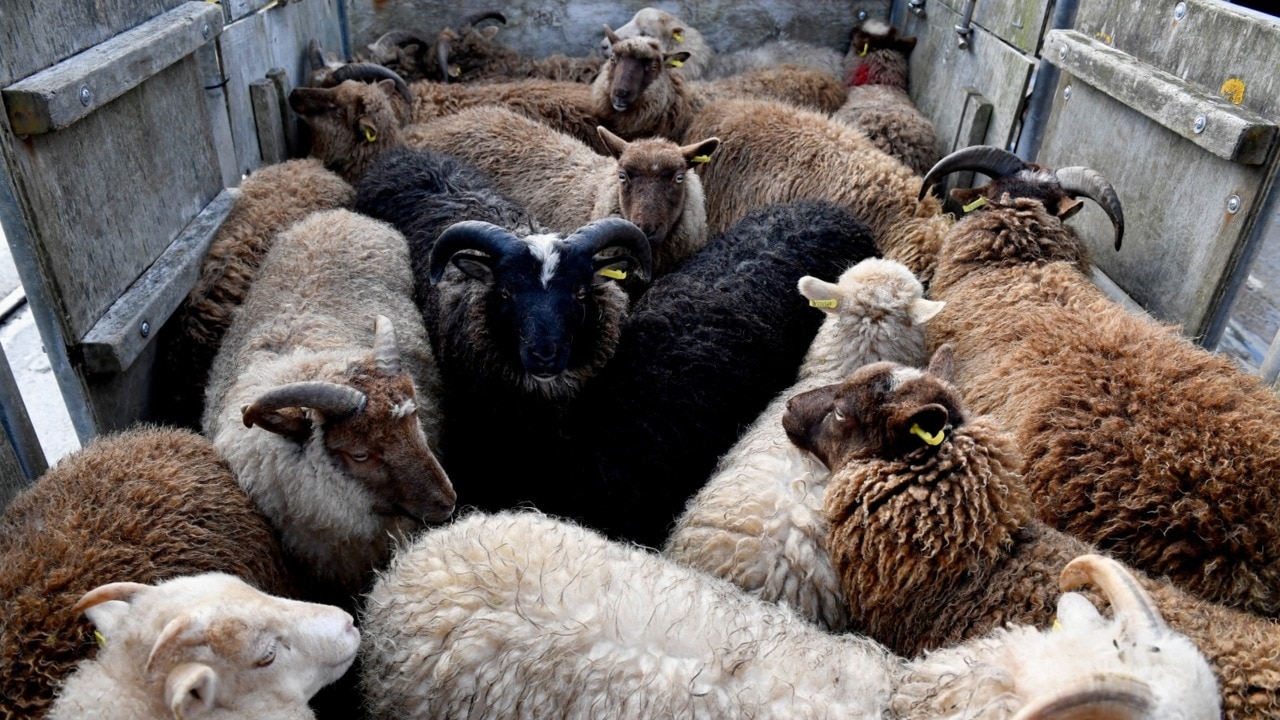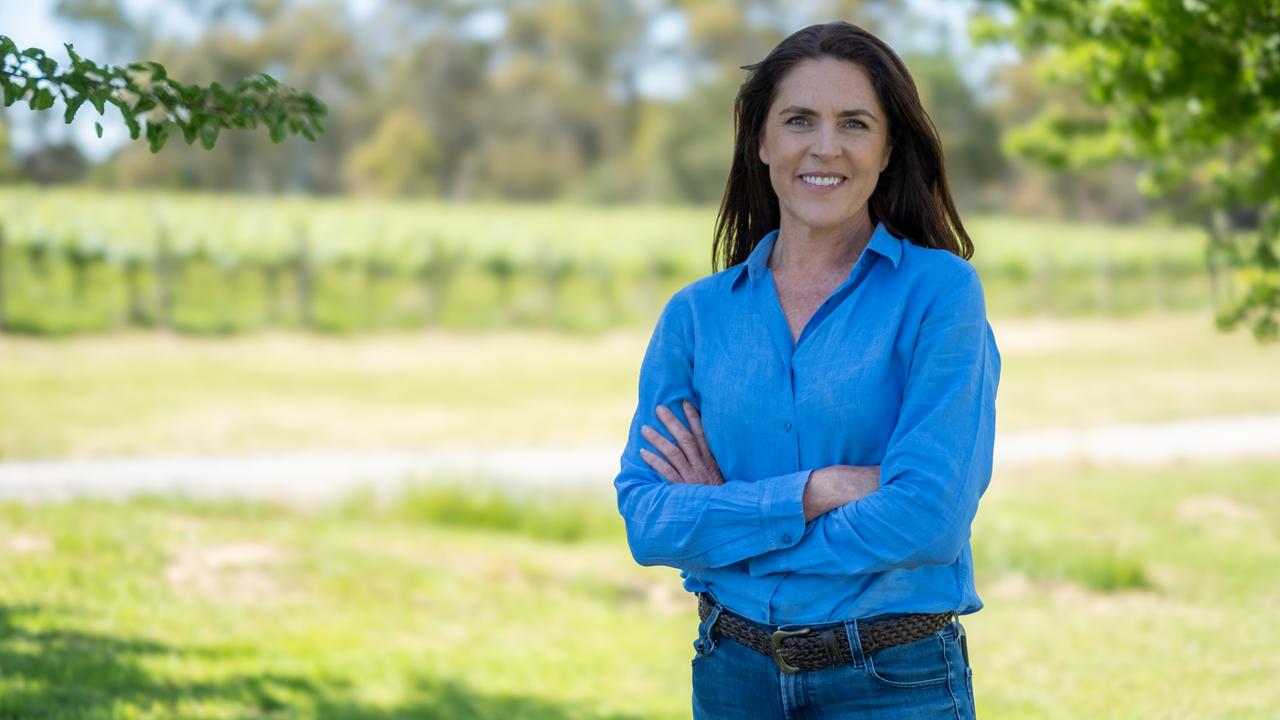Live sheep exports: Pressure mounts for Senate inquiry
Agriculture Minister Murray Watt is under mounting pressure to refer legislation to end the live sheep export trade to a Senate committee for further scrutiny.

Agriculture Minister Murray Watt is under mounting pressure to refer legislation to end the live sheep export trade to a Senate committee for further scrutiny.
On Friday, the Lower House’s Agriculture Committee recommended legislation that would put an end to the live sheep export trade in 2024 be passed.
Committee chair and Labor MP Meryl Swanson acknowledged strong opposition to her government’s promise to end live sheep exports, but said the time had come to transition away from the trade.
“Like all transitions, it will not be without pain, but the outcome will provide industry with long-term certainty in line with community expectations,” Ms Swanson said.
The committee also recommended the federal government consider providing additional money to support the industry’s transition, and for further co-operation with the WA government to “refine and implement” the transition package.
But the focus has immediately shifted to Mr Watt’s promise in May to refer the legislation to a Senate committee for a more thorough, and lengthy inquiry.
The committee’s hastily convened inquiry came just days after farmers took to Perth to protest over the legislation. It was given 19 days to analyse the Albanese government’s Bill to end the trade, with a report expected by June 21 following two hearings, one in Canberra and another in Muresk, Western Australia.
Independent senators are being lobbied by farming groups to travel to WA to hear about the implications of closing the trade on associated industries, including Indigenous employment groups.
If a vote is put to the Senate this week, Australian Capital Territory Senator David Pocock is expected to support a Senate inquiry, but with a more reasonable time frame for the Bill to be assessed.
Mr Watt said on Tuesday “whether a Senate inquiry is held into the legislation is a matter for the Senate to decide”.
From the outset, the Lower House inquiry has been labelled as rushed and “disingenuous”.
Nationals leader David Littleproud said the short time frame made it impossible for a thorough investigation of the consequences of shuttering the trade.
WA Farmers president John Hassell said his organisation had not given up on having the ban overturned, and described the fight as a watershed moment for farmers across Australia.
“It’s a deliberate attack on our property rights as farmers. We are seeing attacks in every front, in every state, whether it be water in New South Wales, whether it be the Great Artesian Basin, whether it be power lines in Victoria.”





